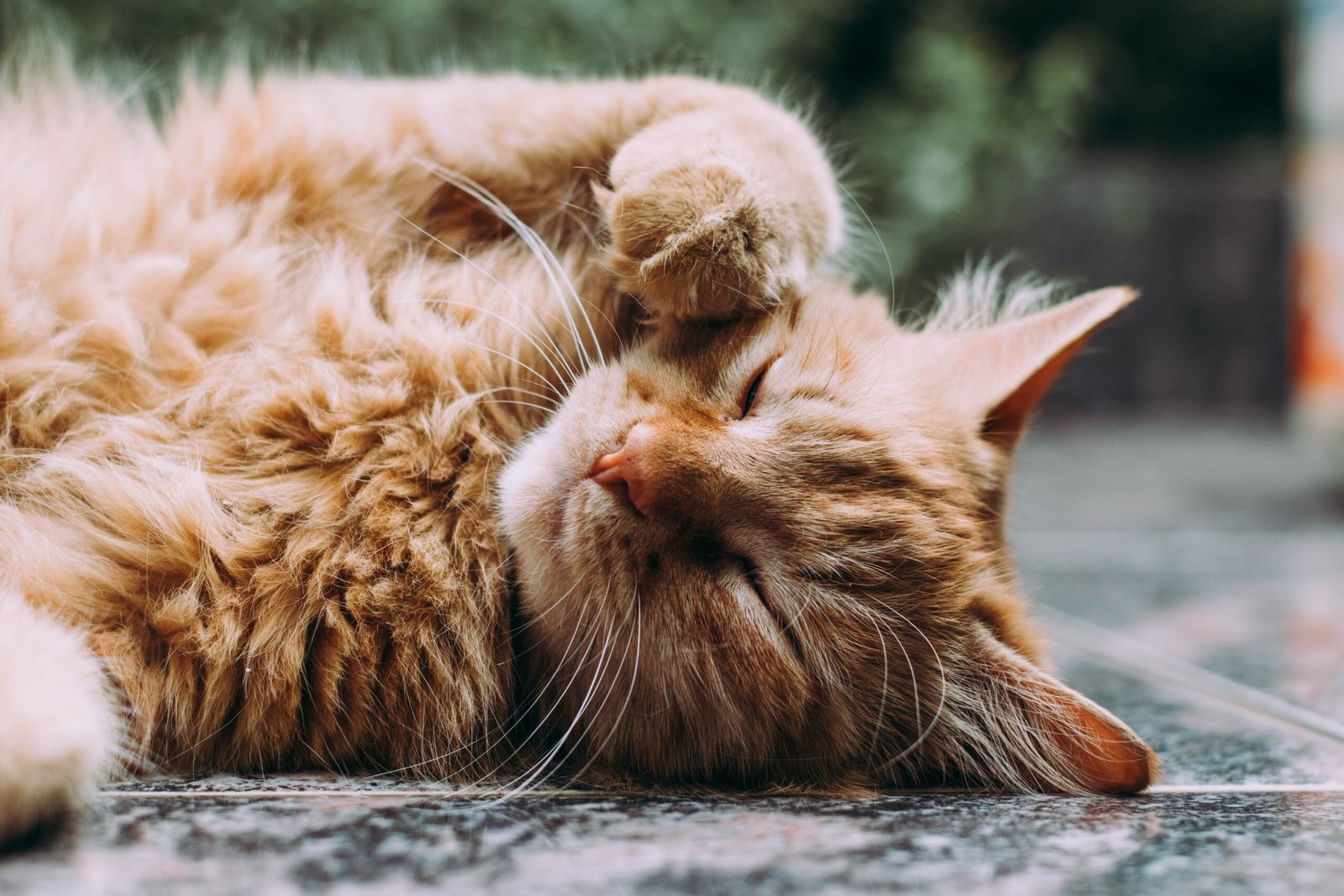CBD Oil for Cat Seizures

Generally, cats do not have too many health issues. However, sometimes cat owners face problems such as seizures. We all know that most people associate having seizures with epileptic dogs, nevertheless, a lot of owners face the problem of their kittens having seizures. To understand it better, we have to learn more about what causes seizures in cats.
A seizure in the cat is a condition in which the cat has a sudden, uncontrollable muscle activity. It can be caused due to ingestion of poisonous substances, high fever, or lack of blood flow to the brain. However, sometimes seizures in cats are not easily detectable; therefore, they go unnoticed by the owner and veterinary physician.
To know what causes seizures in cats, it is good to know that different seizures exist. Different types of seizures are known depending on whether muscle contractions (convulsions) happen or not during a seizure and how long it lasts.
Seizures fall into two categories: focal and generalized. A focal seizure begins in a single area of the brain, while generalized seizures start everywhere at once.
In this blog, we have covered all the necessary information about CBD oil for cat seizures.
CBD Oil for Cat Seizures

Cats are susceptible to several diseases that can result in seizures. These include cerebral disorders such as meningitis, liver shunt, central nervous system infections, toxoplasmosis, (FIV), and feline leukemia virus infection. Some forms of cancer can also cause seizures in cats, including lymphoma, kidney cancer, and lung cancer.
A feline liver shunt is the most common cause of seizures in cats. Blood testing can identify this problem, which usually has an excellent prognosis with early diagnosis and treatment. Some forms of FIV infection can also have neurologic effects similar to hepatic encephalopathy (brain dysfunction caused by liver disease). Toxoplasmosis can also result in a seizure disorder that may be persistent even following successful treatment.
CBD oil for cats is known to be beneficial, additionally, it may also help your feline friend avoid a life-threatening fever.
The endocannabinoid system (ECS) and cannabinoid receptors are two critical components of the cannabis plant's overall health benefits. CBD interacts with the endocannabinoid system through cannabinoid receptors, which are divided into two types: CB1 and CB2.
CB1 receptors are found in the brain and nervous system in cats. Meanwhile, CB2 receptors are more prevalent in peripheral organs (such as the endocrine system) and immune cells. Cannabinoids bind to CB1 receptors, which are present in the brain and spinal cord. They are involved in motor function, pain sensation, memory processing, sleep, hunger, and mood.
CB2 receptors are activated by cannabinoids and cause a reaction that fights inflammation, which reduces discomfort and damage to tissues. CBD and cannabidivarin (CBDV) may have antiseizure actions modulated by their action on the TRPV1 pain receptor.
TRPV1 is present in the epileptic brain regions. Inhibition of TRPV1 in the hippocampus has been identified as a novel epilepsy therapy target.
CBD Oil for Cat Seizures-Dosage

CBD dosage varies considerably based on a cat's weight, diet, health status, and age. There has yet to be any official CBD dose established for any medical condition in people or animals.
Different brands recommend varied dosing instructions for CBD oil for cats with seizures. This causes difficulties for the owners to keep track of. On the other hand, most manufacturers of CBD pet products give dosage ranges for their products.
Vets are increasingly becoming aware of the benefits of CBD as a treatment for chronic pain. Holistapet, for example, has formulated veterinarian-approved dosing instructions for cats and dogs. For each pound of pet body weight, the firm recommends between 0.25 mg and 0.5 mg of CBD.
A dose of 5,000 IU per day is advised for maintaining good health and well-being while strengthening the immune system. This quantity is supposed to aid with the treatment of skin disorders and hunger, and pain alleviation.
On the other hand, the high dose is beneficial in chronic pain, severe arthritis, joint inflammation, mobility problems, and epileptic seizures.
A high dose is advised for severe nausea, vomiting, significant anxiety, tumors, and cancer-related symptoms. However, when giving CBD oils to cats, using a conservative dosage of underdosing may be a good idea. Begin with a low dose and slowly increase the amount of CBD until you reach your desired results.
In cat seizures, gradually increase the amount of CBD oil until the dosage shows a favorable response. A positive reaction might indicate that the subsequent attacks will not be as debilitating as they were before.
Writing down about the cat's seizures and their features can be a helpful tool for veterinarians in evaluating the cat's development.
Disadvantages of Using CBD Oil for Cat Seizures

No special studies have been done concerning the usage of CBD oil for cat seizures. Additionally, there are no indications of CBD's long-term effects on cats as well. The FDA has approved no cannabis-based cat seizure medicine. Thus, consult with a veterinarian before using CBD in pets, to explore different treatment strategies.
The Drug Enforcement Administration (DEA) still classifies CBD as a Schedule Substance, a group of substances with no established medical use but with a high potential for abuse. During consultations, cat owners should take the lead and inquire about anything they're curious about.
CBD should not be used in conjunction with other prescription drugs, as it can cause harmful interactions. CBD's side effects include cat anxiety, tiredness, diarrhea, dry mouth, and loss of appetite.
To Conclude
CBD oil for cat seizures may be the answer to many cat owners. Cats can experience seizures due to injury or illness, which indicates that they need veterinary care. Many different medications are available for cats who have chronic attacks, but not all work well.
Many also come with side effects that make it difficult for owners to keep their pets on the medication long-term. Several pet owners turn to cannabidiol (CBD) oil because it has shown success in treating epilepsy in humans without serious side effects like weight gain or lethargy associated with prescription drugs. However, note that CBD is not one of the home remedies for cat seizures, there is no research on the long-term impact of the CBD, so ask a veterinarian before giving it to your cat.



